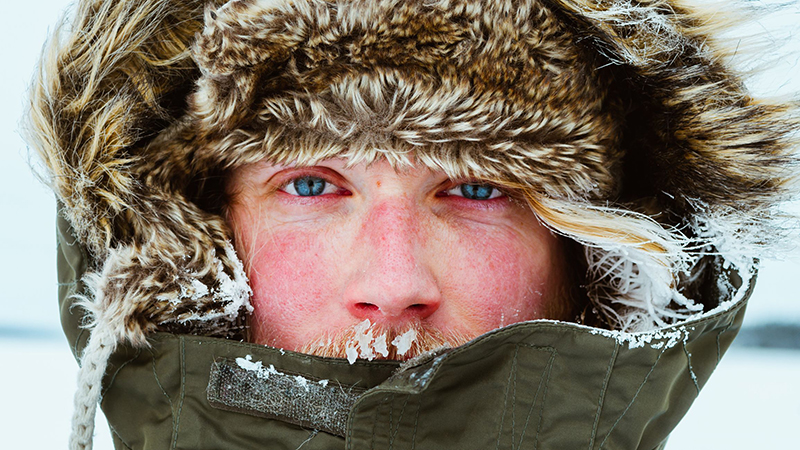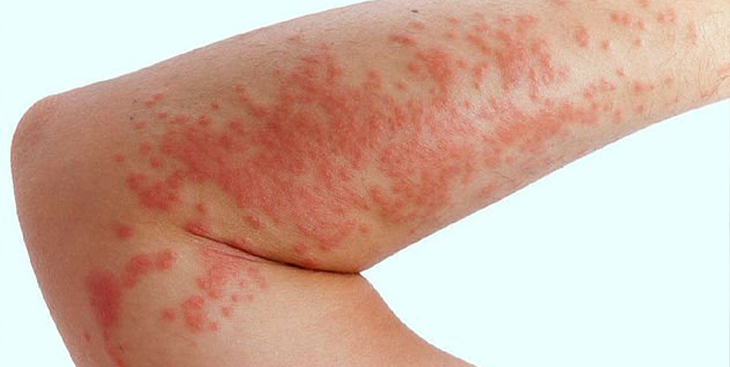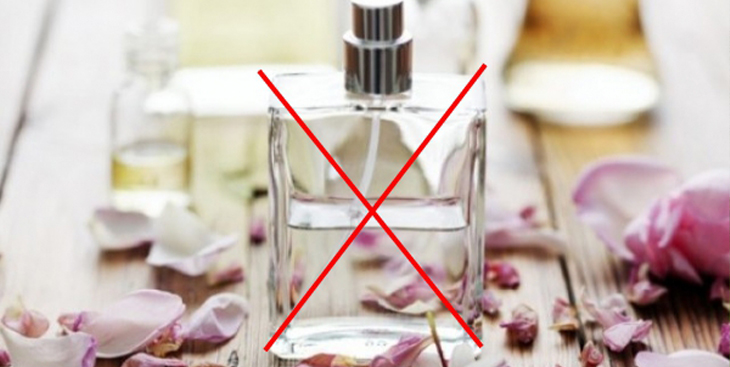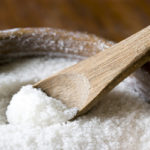What is Weather Allergy?
Weather allergy is an immune system disorder that results in reactions to sudden changes in temperature. When the temperature in the air drops or rises abruptly, our body temperature fails to adjust quickly, leading to a disorder.
There are two types of weather allergies:
- Hot weather allergy: Occurs during the peak of summer when the body sweats excessively and loses water, while the skin remains moist, leading to allergies.
- Cold weather allergy: Usually happens when the air temperature drops below 20 degrees Celsius in cold winter or during the dry windy period, accompanied by allergic symptoms.

Is Cold Weather Allergy Dangerous?
Cold weather allergy can be acute or chronic. In the acute state, it lasts from 24 hours to less than 6 weeks, causing symptoms like sneezing, red rash on the skin, and discomfort.
If these signs are not promptly and properly treated, the allergy can progress to the chronic stage, which can be dangerous to the body. Chronic cold weather allergies can lead to symptoms such as edema, skin infections, hypotension, and more.

Causes of Cold Weather Allergy
When the weather turns cold, high air humidity reduces sebum secretion and sweat, causing the skin to become dry and flaky. This alteration of certain proteins can lead to different allergic reactions.
Some current risk factors for cold weather allergies include:
- Weak immune system.
- Tendency to react to low temperatures.
- Underlying conditions such as allergic rhinitis, dermatitis, etc.
- Consumption of certain allergenic foods.
Symptoms and Signs of Cold Weather Allergy
Common symptoms and signs of cold weather allergies include:
- Rhinitis: Sneezing, itchy nose, runny nose, etc., are common symptoms when the weather changes.
- Hives and small blisters: Red rashes that cause itching and discomfort throughout the body.
- Difficulty breathing: Some patients may experience rapid heartbeat, chest pain, and fatigue. Medical intervention is necessary in such cases.

Common Treatments for Cold Weather Allergies
Use of Medical Treatment
Patients should seek medical advice and follow prescribed medication. Avoid self-medication without expert examination, as it can worsen the condition.
Implementing Some Home Remedies
Wear comfortable clothes and avoid tight-fitting clothing. Use breathable materials that are gentle on the skin. Avoid contact with allergenic factors like cologne, cosmetics, detergents, soaps, etc.

Have a Scientific Care Routine
Boost the immune system through a healthy diet, including fruits rich in Vitamin C, vegetables, roots, fruit juices, etc.

Prevention of Cold Weather Allergies
- Avoid using stimulant foods like tobacco, alcohol, beer, etc.
- Limit outdoor activities during seasonal transitions and always keep the body warm.
- Adopt a suitable diet and exercise regimen.

Above is an article that provides essential information about cold weather allergies. We hope this information will be helpful to you!





































